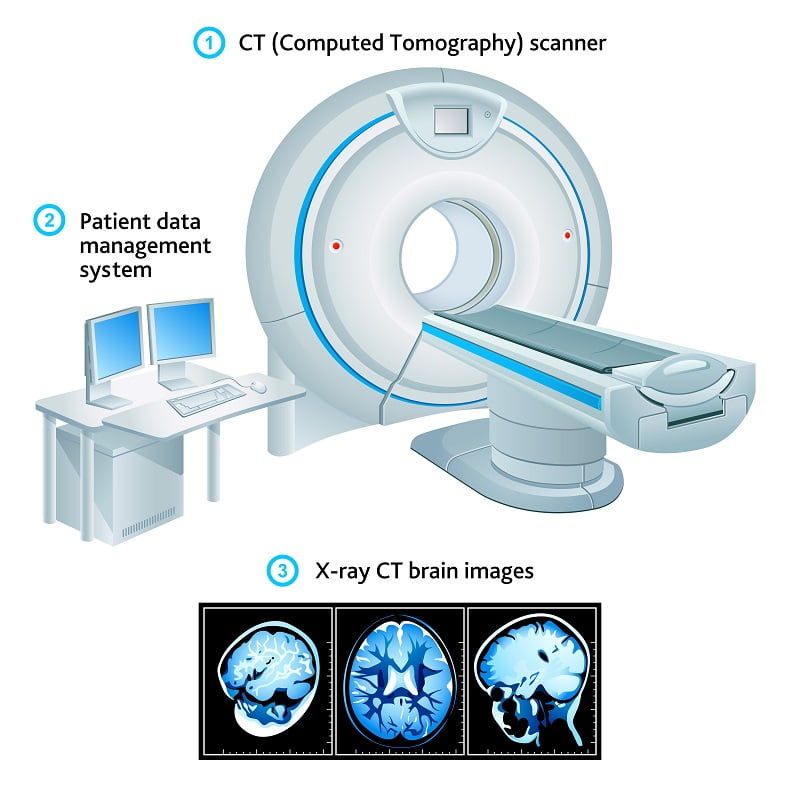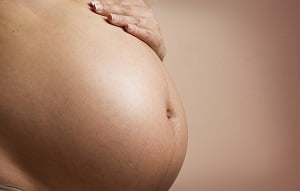Antibiotics for Pelvic Inflammatory Disease (PID)
- Updated on: Nov 16, 2023
- 4 min Read
- Published on Apr 19, 2020

Pelvic inflammatory disease is a sexual infection that occurs when sexually transmitted disease-causing bacteria (Neisseria gonorrhea and Chlamydia trachomatis) enters the female reproductive tract through vagina.
It may cause pelvic pain and vaginal discharge. Early diagnosis and treatment is required to prevent severe problems such as infertility and ectopic pregnancy resulting from an untreated PID.
You may experience the following symptoms when you have Pelvic Inflammatory Disease (PID):
- Severe pain low in your abdomen or pelvic region.
- Feelings like nausea and vomiting, with an inability to keep anything down.
- High Fever, with a temperature higher than 38.3 C
- Yellow vaginal discharge with foul smell.
PID Treatment With Antibiotics
As soon as a woman is diagnosed with pelvic inflammatory disease (PID), it needs to be treated with proper medicine such as antibiotics. Two or more types of antibiotics may be given at the same time by your doctor as needed.
Antibiotics can kill the bacteria which causes the infection. According to Center for Disease Control (CDC), the recommended antibiotics to treat PID are:
- Cefotetan
- Doxycycline
- Cefoxitin
- Clindamycin
- Gentamicin
- Azithromycin
- Metronidazole
Doses of Antibiotics for PID
Antibiotics are prescribed in particular doses. The recommended doses are:
- The doctor may recommend cefoxetan or cefotetan, in combination with doxycycline 100 mg for two times a day for 14 days to treat pelvic inflammatory disease.
- Doxycyclin is preferred orally. Oral therapy with clindamycin (450 mg orally four times daily) or doxycycline (100 mg twice daily) may be prescribed to complete the 14 days of therapy period.
- If tubo-ovarian abscess is present in the fallopian tube, clindamycin (450 mg orally four times daily) or metronidazole (500 mg twice daily) should be used to complete at least 14 days of therapy with doxycycline to get more effective anaerobic coverage than doxycycline alone.
These antibiotics are given alone or sometimes in combination to treat against the pelvic inflammatory infection. Taking these antibiotics will help clear the infection in about 2 weeks. However, it is strictly recommended that you consult your doctor before taking any medicine. The medicines and dosages may vary for person to person based on requirements and specific situation and the severity of the infection.
How are Antibiotics Prescribed by Doctors?
It is necessary to take antibiotics or other medicines for PID as prescribed by your doctor. Doctors usually prescribe antibiotic doses to take orally and intravenously depending on the severity of the pelvic inflammatory infection.
For Mild Cases
Usually mild cases of PID can be treated at home. Antibiotic pills and sometimes antibiotic injection may be prescribed.
For Severe Cases
Severe cases of PID require hospital treatment. In hospitals, you will get antibiotics through intravenous (IV) mode. Your health will be closely monitored. The length of hospital stay in cases of PID depends on how much sick you are.
When you will leave the hospital, antibiotic pills will be prescribed by the doctor which you can continue at home.
Make Sure Your Partner Gets Treated
Bacteria that cause PID infection can also have harmful effects in men. If you have had sex with your partner in the past 60 days, you should be treated for chlamydia and gonorrhea. Your partner must also be treated with antibiotics as well.
Tips to Follow During Treatment With Antibiotics for PID
Healthcare provider’s instructions must be followed completely, as this will help you in healing fast. During the treatment:
- Even if you start to feel better, take all your antibiotics as prescribed for the exact time period as recommended by the doctor. Otherwise, the infection will spread more and could even get worse and become harder to treat.
- Avoid sex or use condoms until both you and your partner have finished all of antibiotics which are prescribed by the doctor. Read about sexual behavior in PID.
- Use heating pad, hot water bottle, or ice pack to relieve pelvic pain. Your healthcare provider may also suggest some painkillers along with antibiotics to cure pain as well.
- If you think you are pregnant, tell your doctor before taking antibiotics.
- Avoid alcohol because it can react with some antibiotics, and can worsen the condition.
- Do not share your antibiotics with anyone.
- You should ask your doctor, if you have to avoid some food while taking antibiotics.
What are the Side Effects of Antibiotic Treatment for PID?
Antibiotics can show some side effects, such as:
- Nausea or vomiting
- Diarrhea
- Stomach ache
- Itching
- Rashes
- Vaginal yeast infection
If you notice these side effects, inform your healthcare provider immediately. You don’t have to cut back or stop taking your medicines without consulting with your doctor.
FAQs
How Do You Fully Cure PID?
The treatment for pelvic inflammatory disease involves:
- Doctors usually prescribe a combination of antibiotics to start immediately.
- To prevent reinfection with a sexually transmitted disease, it is advised that your sexual partner or partners should be examined and treated with antibiotics.
- Follow temporary abstinence.
- Avoid sex during the treatment.
Can Ovarian Cysts Cause Pelvic Inflammatory Disease?
Ovarian cysts cannot cause pelvic inflammatory disease (PID). However, PID can cause ovarian cysts because an infection of the pelvic area due to bacteria is more likely to develop infected ovarian cysts. The bacteria travel from the cervix into the uterus and may lead to the formation of cysts.
Can a Virgin Contact PID?
PID is extremely rare in virgin women but few cases are reported in literature and the pathogenetic hypothesis is bacterial invasion through vaginal voiding, direct spread of infection from contiguous structures or hematogenous spread (spread by the blood).
What Does PID Discharge Smell Like?
There are a variety of symptoms associated with PID. Some of them include pain or tenderness in the lower or upper right abdomen along with foul-smelling discharge from your vagina. Irregular periods or bleeding between periods may also be a symptom of PID.











